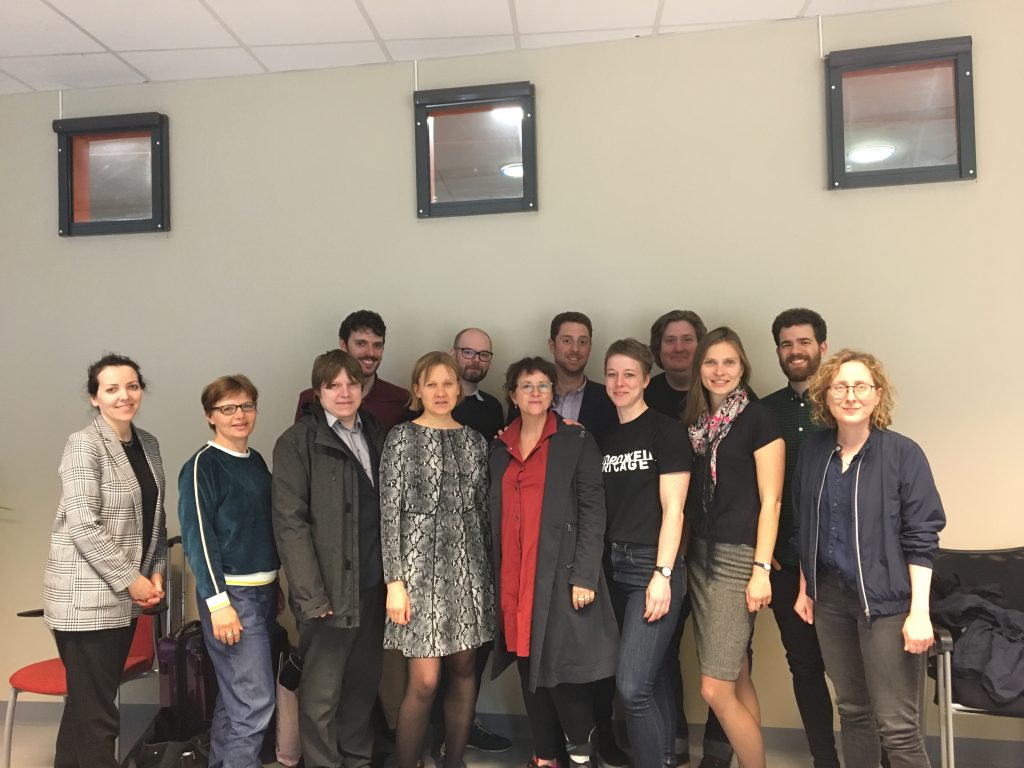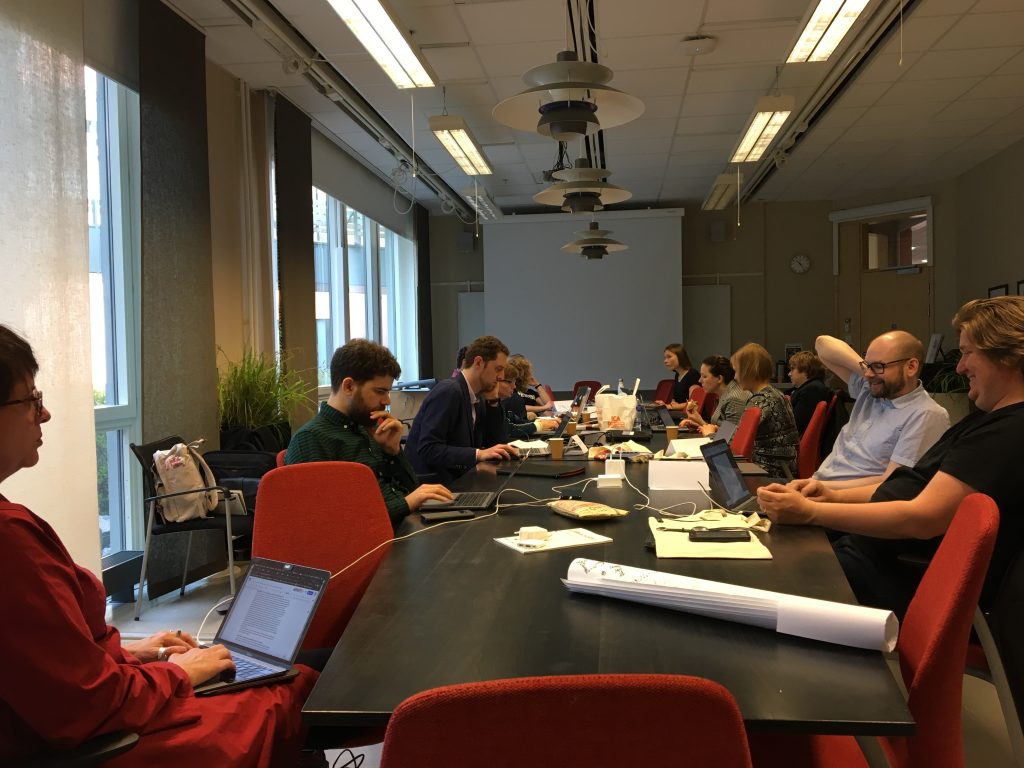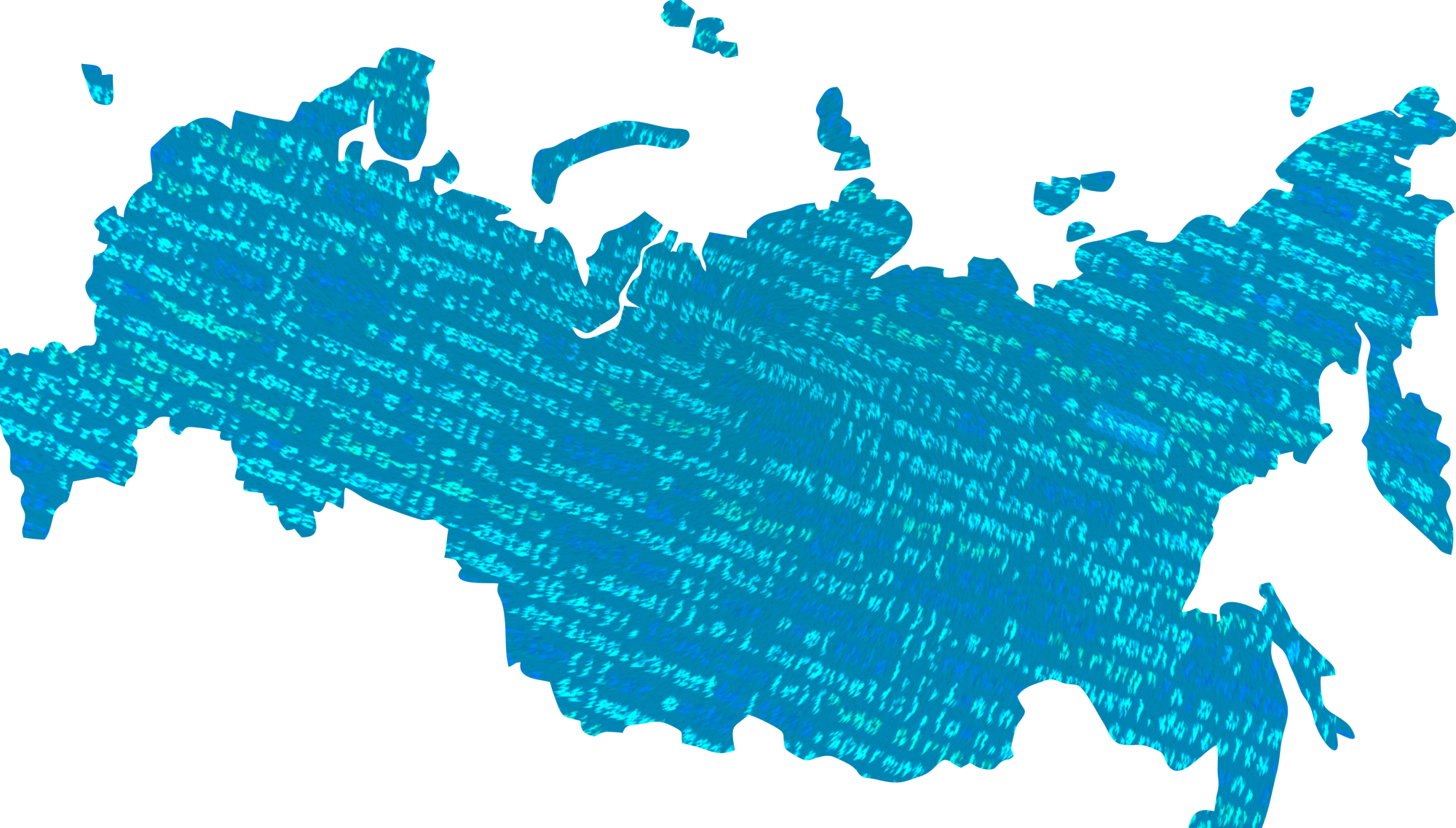On 9-10 May 2019, Digital Russia Studies co-founders Dr. Daria Gritsenko and Dr. Mariëlle Wijermars together with the Department of Information Technology at the University of Uppsala organised a multidisciplinary two-day workshop “Algorithms in Context – Towards a Comparative Agenda for Studies of Algorithmic Governance Across Politics, Culture, and Economy.” This workshop was the first in a series of three events scheduled for 2019-2020 and funded by Joint Committee for Nordic research councils in the Humanities and Social Sciences (NOS-HS).

IR: Daria, could you tell us how did you come up with the idea of the workshop series?
DG: It was in late 2014, Matt Wood, one of the workshop’s core participants, and I were both fresh PhD graduates in public policy and were debating what will happen to governance in the next few years. We were somehow fascinated by the idea that governance process is increasingly being outsourced – but not to the markets and networks as it has been happening in the course of neoliberal reforms, but to technology and smart algorithms. A couple of years later we met at one of the large political science conferences and realised that the idea of algorithmic governance has picked up speed. It felt like a good time to look at the emerging phenomenon of algorithmic governance from a multidisciplinary perspective. So when Mariëlle asked me whether I would be interested to explore some idea through a series of Nordic workshops, I knew exactly what I wanted to focus upon. We already had links to the University of Tromsø through Prof. Holger Pötzsch and soon we got acquainted with Prof. Francis Lee and Dr. Mikael Laaksoharju. We had a lot of brainstorms, teleconferences, bouncing ideas, and eventually, a funded workshop proposal.
IR: Sounds breath-taking! Can you tell a bit more about the first workshop?
DG: The first workshop was called ‘Developing a framework for comparative analysis of algorithmic governance’ and it brought together thirteen scholars with background in media, law, politics, area studies and computer sciences from Finland, Germany, the Netherlands, Sweden and the UK to discuss how algorithms interact with contexts and how that could be studied.
During the first workshop, the intensive brainstorming included dividing into three discussion groups and writing a collaborative review article anonymously. In this review, we focused on such questions as: How do we define data and smartness? What are the challenges of machine learning and automated decision making? How is context created for algorithms?
In addition, we had a chance to visit Social Robotics Lab and see algorithms’ working in practice. That was very exciting – but also sobering. We are much further from the strong AI than the media and entertainment industry are picturing.

IR: What was participants’ opinion on the workshop?
DG: Generally, their expectations were met. The participants were positively surprised how efficient we were during the workshop and found ways of working well-balanced. Our programme was comprehensive, for some a bit too packed, but we really managed to develop a sense of identity as a group and to come up with a draft of a review article. Pretty neat!
IR: So, what’s next on the agenda?
DG: The next workshops are scheduled for autumn 2019 (Helsinki) and spring 2020 (Tromsø). We are all looking forward to next workshop that will be held at the University of Helsinki to start developing collaborative research focusing on specific cases.
IR: Ilona Repponen, DG: Daria Gritsenko
